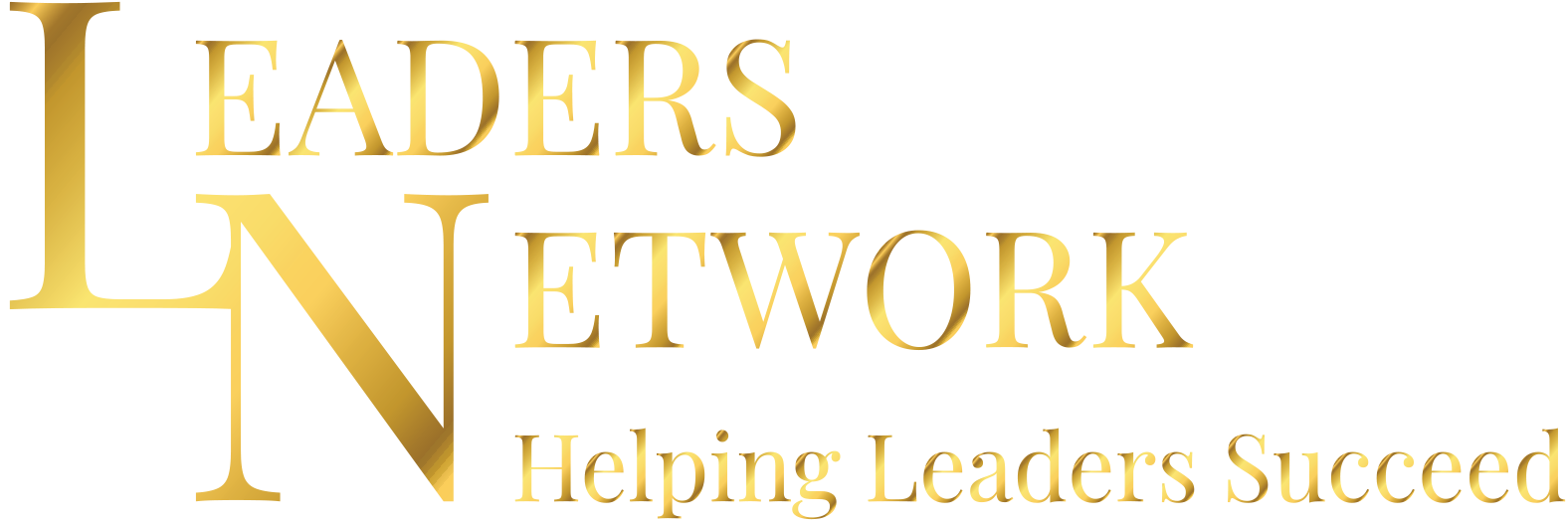Reputation versus Brand: What's the Difference and Why It Matters
Have you ever considered the difference between reputation and personal brand?

Until recently, I had not understood the differences, but now I know them. Everyone has a reputation influenced by how others perceive them based on their impressions, the relationships they create and how they communicate and interact with others. All these aspects will affect your reputation because they impact how others see you. It is their perception or impression of you based on their interactions with you at whatever level those interactions are.
On the other hand, your personal brand is about how you want people to see you, so it is more intentional based on how you represent yourself.
I worked in a large organisation for four decades and was constantly promoted and given different opportunities based on my performance and ability to get things done. I can now see that it was all because of my reputation, driven by my intention to do and be the best I could. I had no idea, back then, about the impact of having clarity on my brand; in other words, how I wanted people, especially the decision-makers, to see me. So, when the organisation decided it did not need me anymore, my reputation did not serve me except to part ways very respectfully. I had not learned the art and science of creating my brand and how powerful it is to have clear intentions about how I want people to see it, and as a result, when I started my own business, I lacked clarity on my identity. I now know how important personal branding is, and I understand it is an excellent tool for creating how I want people to see me based on what is important to me, my purpose, my values, and my motivation.
As Jeff Bezos says, “Your brand is what people say about you when you’re not in the room”. It is the image you present to the world, including high-touch and high-tech. Your brand is how people perceive you and what sets you apart, whether online or offline. It is about being intentional and ensuring it aligns with your purpose, values, and aspirations.
Here are some reasons why clarity on your brand is beneficial:
Trust and Credibility
Creating your brand will lend you credibility and help you establish yourself as a specialist in your area of expertise. It will allow you to communicate your experience, skills, and expertise, showing how you add value to others and why you care.
Clarity and Differentiation
Differentiation allows you to be clear about your unique value proposition. By identifying your unique skills and experience, you can highlight accomplishments, demonstrate your expertise, and clarify how to help and add value to stakeholders. It even clarifies the goals and interests that are important to you so that you can articulate the contribution you can and do make to others.
Confidence and Visibility
Whenever we start something new, a job, a career, or a business, it can be challenging to feel confident thanks to those ever-prevailing 'self-limiting' beliefs. When you take the time to build your brand, it will boost your confidence, help you develop your elevator pitch, and improve your visibility as you interact with people on a different level, with conscious awareness of your message about who you are.
Leverage social media and Networking.
Whether you are into high-tech with a strong presence on social media, high touch with impactful networking, or a combination of both, having a clear personal brand will allow you to leverage all the skills, attributes, and qualities you have and exhibit. Your brand will help you stand out and create valuable connections.
Purpose and Identity
A clear personal brand will provide a sense of purpose and direction aligned with what you want to achieve professionally. It will allow you to identify with the person you want to be, the best version of you, even if it is the type of person you are moving towards being and do not feel are there yet. We all start somewhere and build; getting started is the critical point. This will help you build resilience and satisfaction, knowing you will create a legacy as the years pass. This can inspire you intrinsically in ways nothing else can.
Now that we know what personal branding is and how beneficial it can be, here are a few steps to begin creating your own.
Step One: Work out what motivates you.
Ask yourself some big questions:
-
What inspires you to get up each day and go to work?
-
What attributes and skills do you have that you are most proud of?
-
What are the skills you wish to develop?
-
What excites and energises you?
-
Where do you want to be in 10 years?
-
What is the contribution you wish to make to the world?
-
Who are the people you like to role model the most, and what do they have in common?
Write down your answers and review them to see where there is alignment, as this exercise can help you identify or clarify your values, beliefs, and goals. Identifying what matters most will explain what drives you and what you want to achieve and help you leverage the character and competencies you wish to develop.
Step Two: Align your values to your organisation or business goals.
Whether you own or are employed in a business, find ways to connect your brand to the business goals and look at other successful and admired people in your work environment. Observe the behaviours and traits they consistently display and identify their most valued strengths. How do they influence the business to move forward?
Reflect on the answers you came up with in step one and identify areas of alignment between your current skills and contribution to the business goals. This will help you leverage your strengths and identify other areas of opportunity for development that are aligned with what you are passionate about and the business's values. You can use that passion to reinforce your brand.
Step Three: Increase your visibility with stakeholders.
A brand cannot succeed if it is not visible and no one is aware. This is the same in the commercial world. Think of Coca-Cola and Nike, two visible brands at the top of consumers' minds. You need to be visible with your brand to a broad audience, especially decision-makers, to achieve great opportunities. Have a go at creating a stakeholder map, which could be a list of people you wish to influence and then strategise ways to connect with them formally and informally. Knowing who you want to connect with and why is the most important aspect. You can use the knowledge you gain about stakeholders to position yourself as someone who adds value, solves problems, and can significantly impact the person or the business.
Building a personal brand may seem promotional at first glance. That was certainly how I initially felt, but it’s not. Your personal brand defines the distinctive value you offer others to influence your business or career. Articulating your personal brand will help others understand who you are and what you stand for, build authentic relationships, and achieve your goals. It is a long-term strategy for professional success, so seeing it as a journey of self-discovery and growth can lead to fulfilling and rewarding business and career opportunities. Be authentic and consistent because your brand reflects your unique self to be able to shine.





